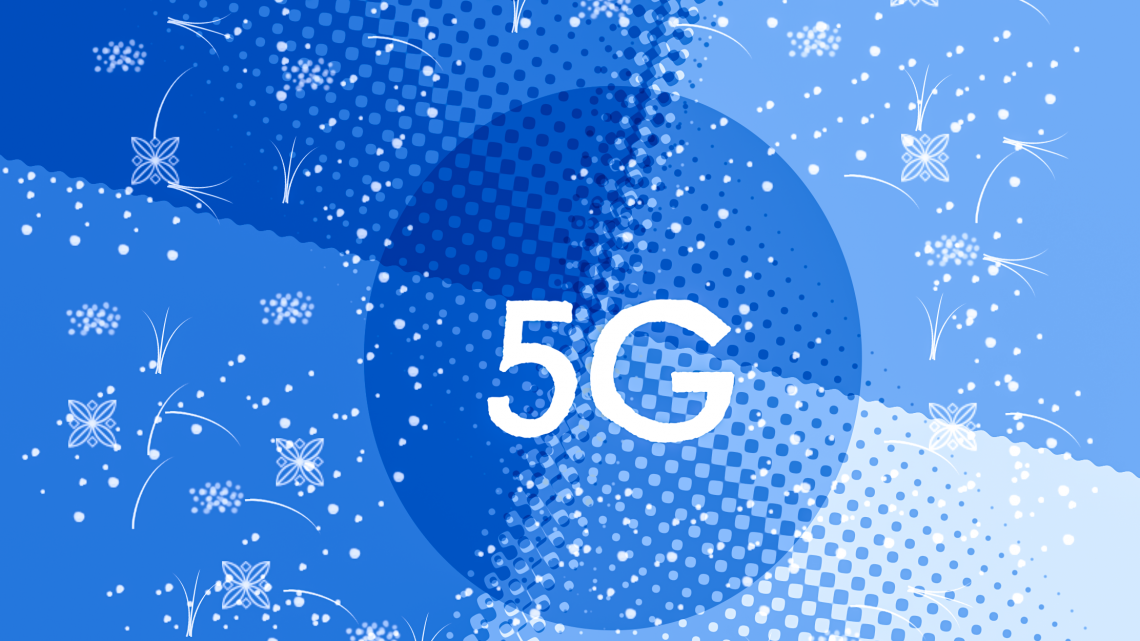
Cnet: In the 2019 5G race, US consumers were the losers
25. Dezember 2019Cnet: In the 2019 5G race, US consumers were the losers
New York, 25.12.2019
At the beginning of last year, according to the online portal Cnet, there was a real hype about 5G. By December 2018, some next-generation networks were already up and running, and after years of great promise and anticipation, it looked from a consumer perspective as if this new technology would finally create new rules of the game on a grand scale. Verizon announced numerous applications in a keynote address at CES.
But when 2019 began, only a handful of customers had access. By mid-year, more networks were up and running, but with limited reach.
Cnet: “ The shaky start of 5G this year underscores the fact that the wireless industry is still in test mode when it comes to technology, and you are the guinea pig.“ The announcements that one would be the first, which drove many of these providers, ultimately harmed consumers through over- and undersupply. „Speeds can be 100 times faster than what you can get with 4G, but it’s not worth much if it’s limited to a junction,“ comments Cnet.
Lopez Research also voiced strong criticism: „Providers made it sound as if 5G would dominate the world in 2019/2020,“ said Maribel Lopez, analyst at Lopez Research. „The reality is that we’ve seen a few phones and a few cities in operation.“ She hopes that in 2020 it’s not about who’s first, but rather about providing a service that’s close to the many promises made in recent years. This includes devices that are more affordable and more flexible to switch between carriers and different 5G variants.
This month, T-Mobile and AT&T both launched 5G networks using the low-band spectrum, which means much better coverage. The flip side, however, is the lackluster speed gains.
Ironically, Sprint, which has a reputation for poor service, has the most robust network in the few cities where it operates. It uses the middle frequency band, a sweet spot that offers a mix of higher speed and greater range. This is also the type of spectrum that most of the world uses outside the United States. But given the tight financial situation and the fact that they are waiting to be taken over by T-Mobile, it is difficult to seriously consider this.
Their extensive testing had produced similar results worldwide. In Great Britain and Australia, they had found large leaps in speed, but also large gaps in coverage. South Korea had been the most consistent. The overall result was therefore that 5G still had a long way to go.
Anyone who has looked at a 5G smartphone this year and thinks they are future-proof should turn around and walk away. These devices are expensive, tend to overheat and have a low battery life. But more importantly, they may not future-proof you for upcoming 5G deployments.


